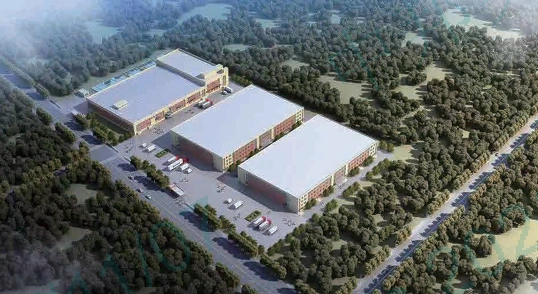The slaughtering and cutting workshop area (hereinafter referred to as the "slaughterhouse") should have a reliable water supply and power source, convenient surrounding transportation, and comply with the requirements of local urban and rural planning, health, and environmental protection departments.
The site should have good environmental sanitation conditions. The location should avoid polluted water bodies and industrial enterprises or sites that produce harmful gases, smoke, dust, or other pollutants.
The site selection should minimize the impact of odor pollution generated by the facility on residential areas, schools, and hospitals. It is recommended that the health protection distance between the non-clean areas of the holding and slaughter workshops and residential areas, schools, and hospitals be maintained as follows:
|
Slaughter Capacity (Thousand/year) |
Average wind speed in 5 years (Meter / Second) |
Health protection distance (Meter) |
|
Below 500 |
Below 2 |
400 |
|
2-4 |
300 |
|
|
Above 4 |
200 |
|
|
500-1000
|
Below 2 |
600 |
|
2-4 |
400 |
|
|
Above 4 |
300 |
|
|
Above 1000 |
Below 2 |
700 |
|
2-4 |
500 |
|
|
Above 4 |
400 |
The site should be far from urban water sources and urban water supply or intake points, and nearby there should be a municipal sewage discharge network or an approved final receiving water body.

If we pay more attention to the health protection distance from the slaughterhouse and the residential areas, schools and hospitals, we will face less problems while the operation of the slaughterhouse.